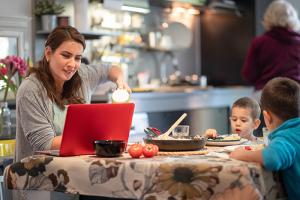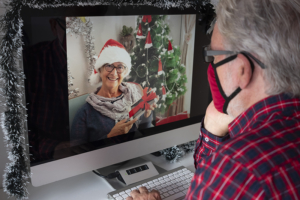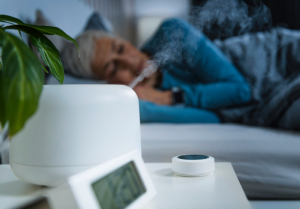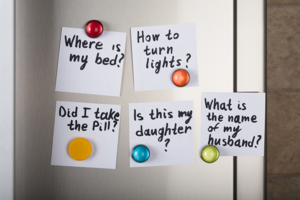Tips for Respecting Elders in How you Speak to Them
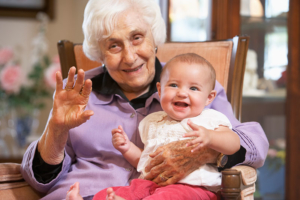 Watch what occurs at your next family get together when a new mom places her infant in someone’s arms. The individual is likely to transition instantly into baby mode: a high-pitched, sing-song voice, exaggerated facial expressions, and overly-simplified speech. Of course, this is quite normal and actually beneficial to a baby’s growing brain.
Watch what occurs at your next family get together when a new mom places her infant in someone’s arms. The individual is likely to transition instantly into baby mode: a high-pitched, sing-song voice, exaggerated facial expressions, and overly-simplified speech. Of course, this is quite normal and actually beneficial to a baby’s growing brain.
Hopefully, however, when that baby’s great-grandfather enters the room, loved ones refrain from reacting similarly and are better at respecting their elders. Yet it happens so frequently, and can be so damaging to the elderly, that there is a term to describe it: elderspeak.
A recent research study by Susan Kemper, a professor specializing in gerontology at the University of Kansas, matched elderly listeners with younger speakers. In spite of the seniors’ instructions just to listen without interrupting while the younger people spoke to them – thus leaving no suggestion to the speakers that they were having any challenges understanding what was being said – in a great majority of cases, the speakers resorted to elderspeak.
It’s worthwhile to note as well that older adults regularly refrain from using elderspeak with each other. Studies have shown that for a great many older adults, elderspeak conveys superiority and a cold attitude.
Why It’s Harmful
Simply put, elderspeak can be considered belittling and patronizing. It conveys beliefs of inferiority and incompetency to older adults, instead of the admiration and respect they deserve. While typically well-meaning and meant to convey endearment, it frequently has the reverse effect.
What to Do Instead
- Thoughtfully consider how to address the elderly in your life. Many older adults find terms like “young lady,” “honey,” or “dearie” to be offensive.
- Use caution when modifying how you communicate with an older adult in accordance with individual need. For example, speaking clearly and slowly while facing a senior loved one with hearing loss is helpful. A high-pitched voice, however, can actually further distort the words. An older adult with memory issues can better follow the conversation if it’s broken down into simple, short sentences and yes-or-no questions. This can easily be accomplished without resorting to baby talk.
- Don’t forget that there’s no one-size-fits-all approach, as each person has unique preferences and challenges. An open and honest conversation with the person about how precisely they would like to be addressed and spoken to is the ideal path to ensure you’re engaging with them appropriately.
At Responsive Home Care, we place a great emphasis on respectful interactions with each and every senior in our care. Contact us at (954) 486-6440 for an in-home consultation to learn how we can help promote independence for older adults with personalized in-home support.


